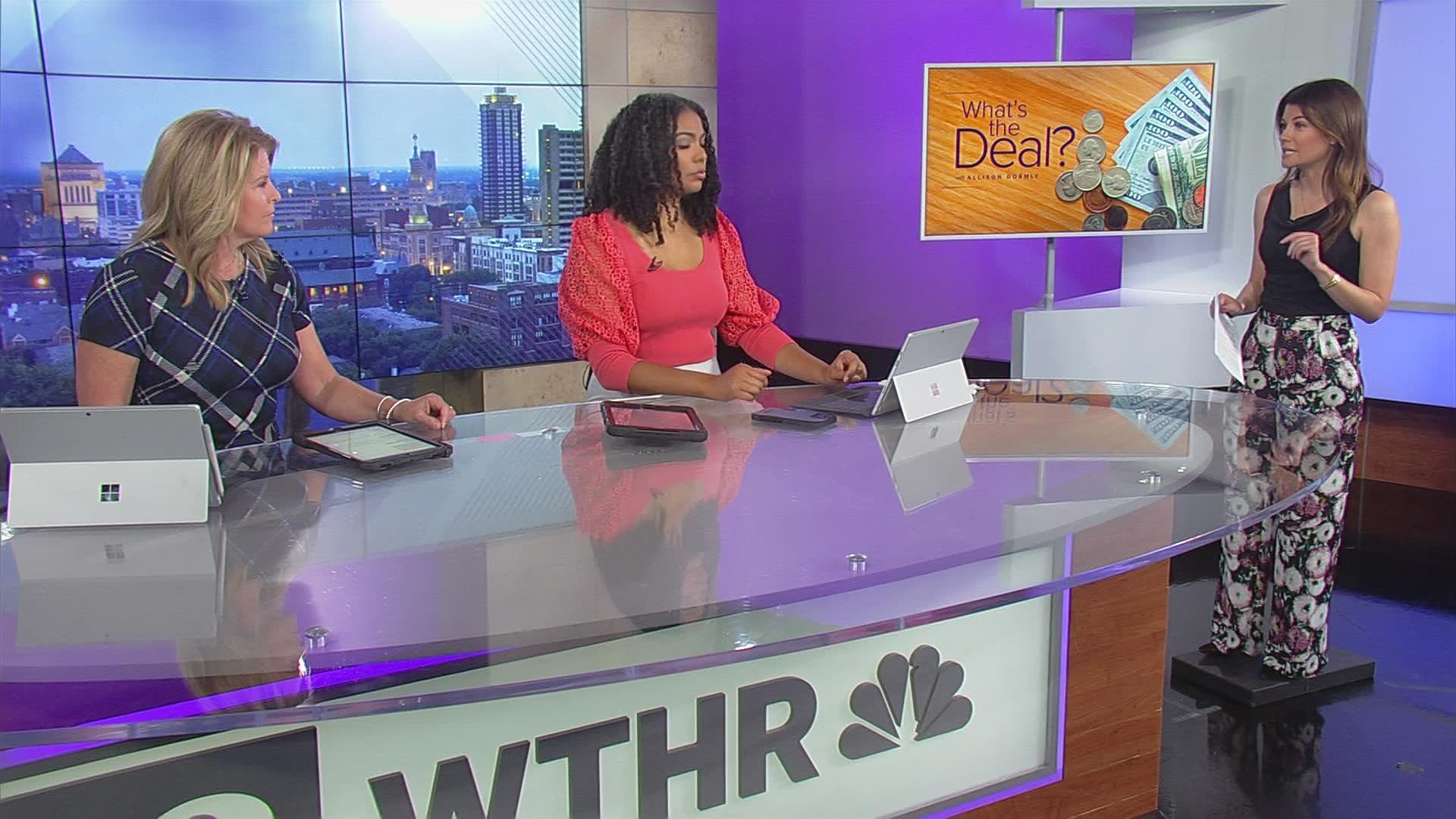INDIANAPOLIS — For the fourth time in a row, the Federal Reserve raised its benchmark interest rate by 75 basis points, or .75.
Rate changes are used by the Fed as an accelerator or brake on the economy. And, for a while, the Fed has been pumping the brakes by making borrowing more expensive.
What does it affect?
Your existing debt with a fixed rate, like a mortgage, won't see any movement.
However, a new, 30-year fixed mortgage is averaging 7.2%.
Debt with a variable rate, like a credit card, is what's costing you more money.
Every single day a past due balance sits on a credit card, it grows. If you can't pay it off the balance, consider a 0% balance transfer card.
You can also ask your current cardholder for a lower rate.
Are there opportunities?
For savers, this is a good time to shop around for high-yield savings accounts and certificates of deposits.
For example, Capital One is offering a one-year CD that pays 4%. A one-year CD at First Internet Bank of Indiana is paying 4.10%.
Remember, you can't touch the money in CDs for the term length you choose. If you take it out early, there are early withdrawal penalties.
The US Treasury also announced its I Bond composite rate of 6.89%. An I Bond uses two rates to pay interest — a fixed rate and the inflation rate.
For the first time since May 2020, the fixed rate is above 0.0% at 0.4%
MORE: I Bond interest rates

